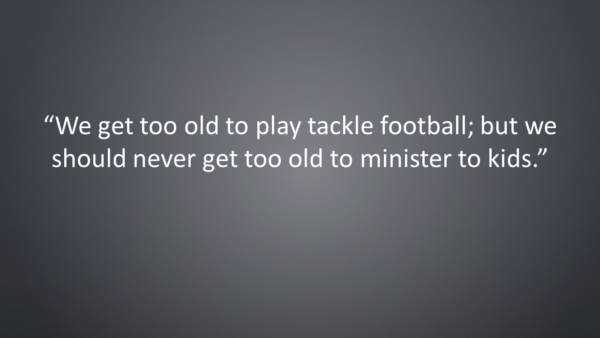11 Observations & Thoughts About Churches & Career Ministry

(NOTE: I’ve been working on my upcoming webinar and a new writing project on encouraging young people toward career ministry. Here are some observations and thoughts that I wanted to share.)
- God expects and has gifted every believer to serve Him.
- Every church must develop a culture of ministry and outreach.
- Pastors should preach on the importance of following God’s call into career ministry.
- Not everyone is called to career ministry (and churches shouldn’t treat those people like second-class citizens), but God does call some into His service.
- Most churches have never sent one of their own out into career, global missions.
- Churches should change their missions policy to fully support their own people who go into career, global missions.
- All churches must begin when kids are young to identify and equip those who sense God’s call into career ministry.
- Churches should endorse and support some Bible colleges and seminaries – and encourage interested young people to consider those schools.
- Churches should offer organized and paid internships for each young person in their church who may be headed into career ministry.
- Pastors should include missionaries and other career ministry voices to fill the pulpit from time-to-time.
- Don’t forget that God may call older people (“second career”) into career ministry and should be on the lookout for those people to respond to God’s call.


